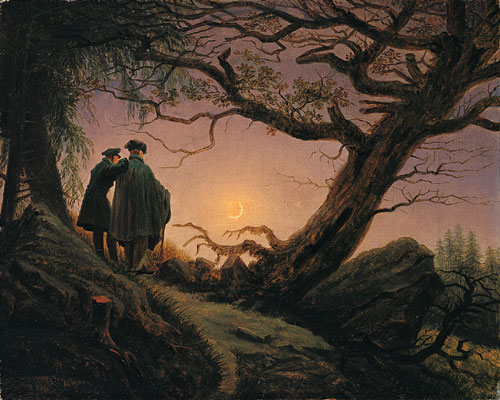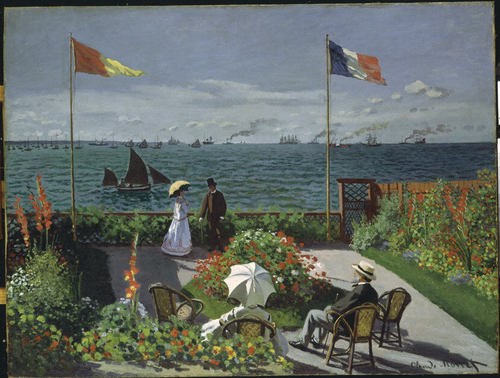by Matthew Raley Last night, my wife and I heard the Miro Quartet play with two guest artists at Chamber Music Northwest in Portland, OR. The power of their performances fed my recent thoughts on music and corporate worship (first, second, third, and fourth posts).
For Theodor Adorno, as I sketched last week, the concert we attended would have been a bourgeois exercise in museum-like conservation. The Miro's readings of Felix Mendelssohn's f minor quartet (Op. 80, No. 6) and Brahms' f minor piano quintet, Op. 34, (with Shai Wosner) would have been utterly false, mere escapist flattery of the middle class's delusions and fantasies.
Furthermore, the 2006 work Héliades by Philippe Hersant, which three members of the Miro played with flautist Ransom Wilson, would have struck Adorno as an unforgivable embrace of the audience, lacking any historical integrity whatsoever. He would have censured the broadly tonal harmonies and the false freedom of its subjectivity.
Adorno's doctrine was that the modern composer could only be truthful by following the internal logic of his composition and alienating the listener.
But as I was transported by the music-making in Portland, I couldn't help thinking that the music Adorno approved is almost a century old. The twelve-tone technique pioneered by Arnold Schoenberg was on the cutting edge of the first part of the 20th century, had a relatively brief hold on the academy as late as the 1970s, and never had a large audience (for obvious reasons).
All this time, "historically false" and "artistically dead" performances of old works for the "complacent bourgeoisie," together with the flattery of their "escapism" by newer composers, continue to have a strange power to move people.
How do we explain this? If we take Adorno's side, then artistic falsehood has tremendous staying power as it defies the forces of history. But I think it's more likely that the dialectical philosophy of Adorno did not describe what was really happening in Western culture.
I think Adorno was wrong on one point, at least: there remains a true "we." Inarticulate and cloudy it may be, but music listeners, not least in churches, need to experience connectedness. Composers need to rediscover ways to express it.
The contrast between the free form of Hersant and the high structure of Mendelssohn and Brahms in the Miro's performances told me part of the composer's task.
Hersant's Héliades is beautiful, evocative, and intimate. The score displays marvelous combinations of sounds, especially in its uses of harmonics from the strings. The subjectivity of the form suits its allusion to the three daughters of Helios lamenting the death of their brother Phaeton.
Yet, delighted as I was with the piece, the first notes of the Mendelssohn were a pleasing shock. We were back in music that had the narrative drive of sonata-allegro form. This sense of drive, I need to specify, was not from the opening thematic material of the f minor quartet, which certainly is propulsive, but from the form itself. This music was going somewhere, and we were going with it.
I would never argue that subjectively determined, freely expressive music is aesthetically wrong, or that it fails to say "we." There were many ways Hersant embraced us with his music.
But I will say that recovery and reinvention of form will produce a shock of connectedness such as I felt listening to the Miro Quartet.




